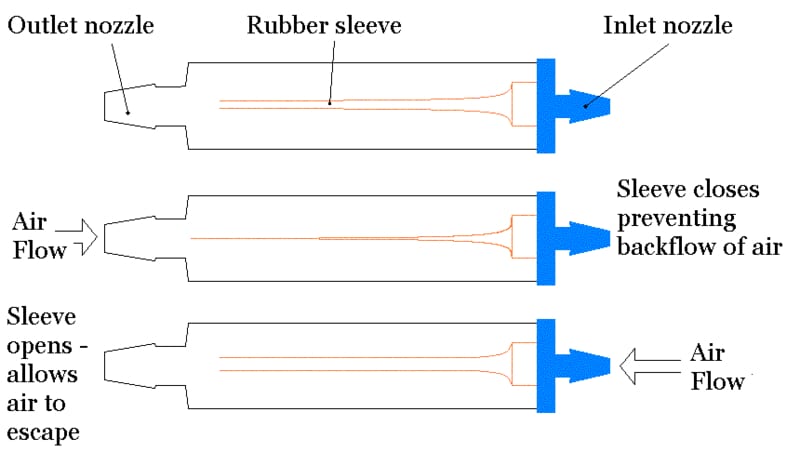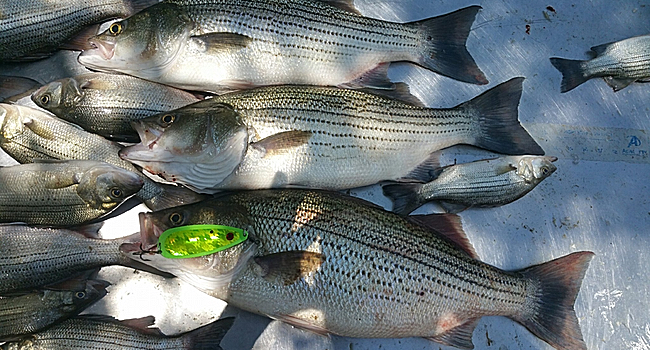

Although my dad has had various heart problems, his actual heart is in excellent condition. Infact, besides a bout with Mono, I would say I have not had a sickness or virus for 6 years or so. I consider myself healthy with a strong immune system, and rarely feel sick rather than allergies or sinus infections. However, I was wondering if anyone else knows what I am talking about, or has any advice. I am going to see a third doctor soon, and possibly have some tests done.

I did not completely understand his explaination. Another doctor told me he felt that it might be an "asthma" attack triggering, but that I had not actually developed asthma, so it could not occur. He felt that it was ok as long as I did not have pain, and I told him I did not want to test anything quite yet. I can use an exercise bike for 45 minutes and feel fine, but if I am very stressed, overheated and have not eaten in a while, and not even exerting myself much, it will do the "spasm" once or twice. The other 30% is during times of extreme stress or physical exertion. I would say 70% of the time when this affects me, I have been coughing recently. I also explained I had been coughing a lot lately due to allergies, and he told me that chronic coughing can upset the sternum. I have never had pain accompany my problem, nor shortness of breath or concentration. I told him that my father has "inflammation of the sternum", and that his is very painful. I saw a doctor, and told him about the problem. It perhaps occured once every month or so. After that week passed, I began to feel normal. i usually have average or very good blood pressure for my age, so I attribute this increase to the stress of not knowing what the effect is. I spent about a week afterwards where it would happen maybe twice in a day, and afterwards my blood pressure would be higher than normal. I felt very sick for one day, but I believe it was due to the stress of final exams combined with my worry over the effect. Towards the end, I had the "spasm" occur several times, and this made me concerned due to its frequency. It feels very similar to when your arm muscle might spasm, lasts a little less than a second, and when it catches me off-guard will usually make me skip a breath due to the "weirdness" factor involved. This usually occured at night, and has never caused any pain. Make sure to tell your doctor if your family has a history of known heart abnormalities or unexplained death before the age of 50 (including sudden infant death syndrome).I am 19 years of age, and for as long as I can remember I have had a very rare occassion where I will have a quick "spasm" feel in my chest, usually in the direct center above my sternum, or towards the bottom of the sternum. Another type of monitor that your doctor may have your child wear is a loop recorder, which is worn for one month but records only when the child pushes a button on the recorder at the time of an event of palpitations.īased on the results of these tests, your pediatric cardiologist will determine whether your child has an arrhythmia, which is an irregular heartbeat caused by a problem with the heart's built-in electrical system. Your child may also have to wear a Holter monitor, which records the heart rhythm over 24 hours. He may order heart tests such as an electrocardiogram, echocardiogram, stress test (on a bicycle or treadmill) or, rarely, cardiac catheterization.
#Thump or flutter in chest full
He or she will perform a full evaluation of your child's health, including getting a medical history and performing an examination.

Your pediatrician may also refer you to a pediatric cardiologist, a doctor who specializes in heart problems in children.
#Thump or flutter in chest how to
Ask your pediatrician for information on how to check your child's heart rate. If you are able to check your child’s heart rate by taking the pulse or touching the chest directly when the palpitations occur, that information will be helpful to your doctor. If the palpitations occur often and you are concerned, call your doctor or make an appointment to discuss the issue. If your child experiences heart palpitations without any other symptoms, you should keep a log of when palpitations occur and under what conditions, then talk to your primary care pediatrician at a regular checkup.


 0 kommentar(er)
0 kommentar(er)
